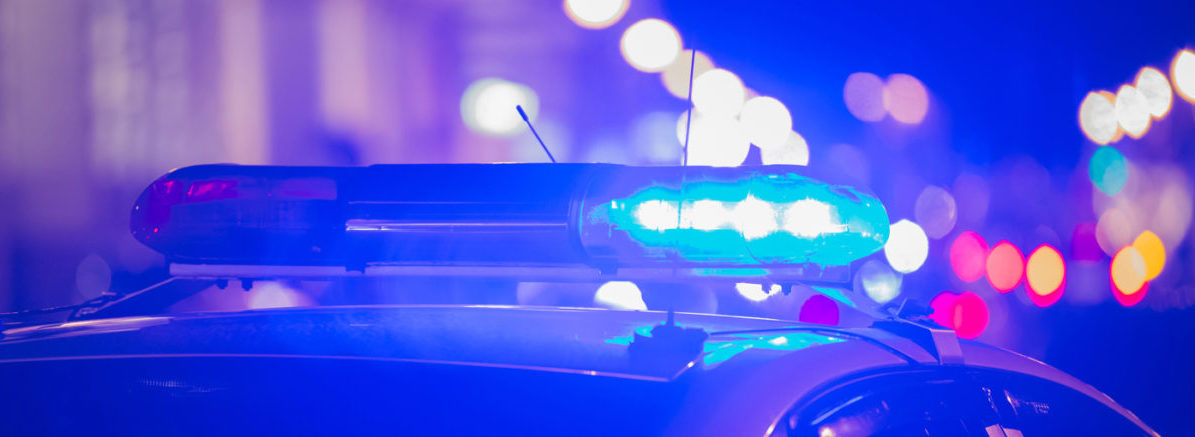Galveston to introduce mental health response unit

GALVESTON—When someone calls 911 in Galveston, three services stand by to respond to the emergency — police, fire and emergency medical services.
Under a new program scheduled to officially be announced today at city hall, a fourth option will be added — a unit dedicated to responding to mental health emergencies.
The city, with the support of Pew Charitable Trusts and a half-dozen local charitable organizations, will this fall establish a response team made up of mental health professionals, paramedics and specially trained law enforcement officers, whose goal will be to provide help during a mental health crisis.
Galveston Mayor Craig Brown called the unit, which officially will be established in October, a milestone for the city.
“Many of the issues around the country that we have experienced recently with individuals, and concerns with police forces, involve mental health,” Brown said.
The unit was something the city has needed for years, Brown said.
The program is being designed in coordination with Pew and the Meadows Mental Health Policy Institute, a Dallas-based nonprofit focused on creating mental health policies and programs.
The Meadows Institute helped establish a similar mental health program in Dallas in 2018.
Brown said one of his early priorities as mayor was bringing a similar program to Galveston.
Meadows also has worked with Galveston County on reforming its criminal justice system. In recent years, the county reformed its bond policies and established a mental health court, a diversion program meant to get people with mental illness in treatment and out of the criminal justice system.
The program being created in Galveston is a health-first model, said B.J. Wagner, the senior vice president of health and public safety for the institute.
“We wanted every single person having a mental health emergency to have an alternative response, no matter how your emergency looks,” Wagner said, noting the program is designed to be adjusted to work in very stressful situations.
“Even if that mental health emergency was volatile, that person still deserves a mental health response.”
Unlike in Dallas, Galveston’s program won’t operate on a 24/7 basis, Wagner said.
The project has the backing of Pew Charitable Trusts, which contributed a $325,000 challenge grant to the pilot program.
A group of local organizations — The Moody Foundation, Mary Moody Northen Endowment, The Permanent Endowment Fund of Moody Methodist Church, Ippolito Charitable Foundation, Harris & Eliza Kempner Fund and the Cynthia and George Mitchell Foundation — provided about $422,500 to get the program underway.
“The funders are very intrigued and interested with funding things that can make a difference and that are innovative,” said Marina Walne, program consultant for the Cynthia and George Mitchell Foundation.
The local funders believe the program fills a well-established need in Galveston, Walne said.
The city council likely will be asked to financially support the program as part of its budget this year, Brown said. But details about how much the program will cost the city, and how many new positions will be needed to support it weren’t immediately available.
The city is in the early stages of developing its budget for the next fiscal year, Brown said.
The budget typically is approved in September.
The program has the support of the Galveston Police Department, officials said. Initial development of the program started with former Police Chief Vernon Hale, and continued under his successor, Chief Doug Balli.
Officials acknowledged the announcement might bring to mind one of the most embarrassing controversies in recent Galveston history. In August 2019, two mounted Galveston Police Department officers arrested Donald Neely, a Black man with a history of mental health issues, and led him through the city’s downtown by a rope.
The images of Neely walking between the horses drew worldwide outrage. The charges against Neely were dropped when he reportedly agreed to enter a mental health treatment program.
Although Neely wasn’t the sole reason for the creation of the program, his history of arrests and clear need for help exemplified the issue the unit is meant to address, officials said.
Officials estimated 30 percent of police calls in Galveston involve mental health issues.
The issues aren’t unique to Galveston, and the groups behind the program hope to use the island program to understand how the response team model can be tailored to smaller cities and police forces.

NEWS
Hide Full Index
Show Full Index
View All News